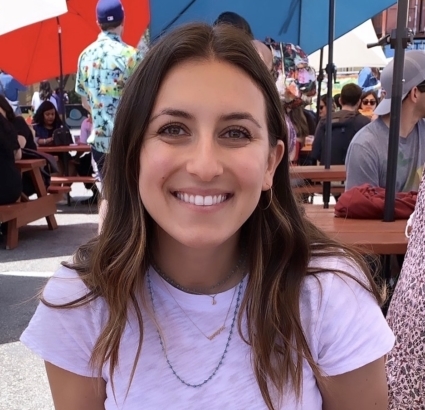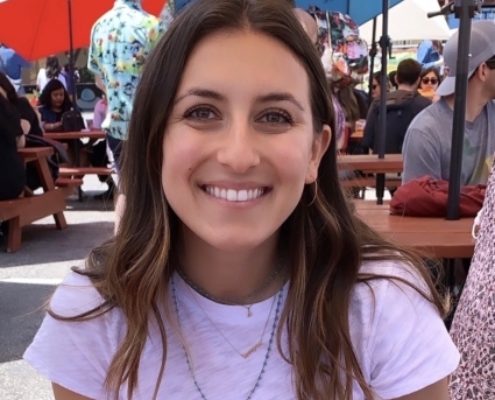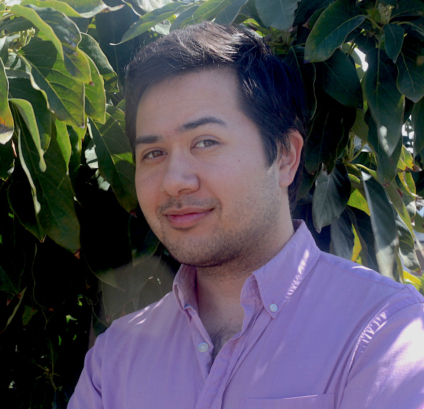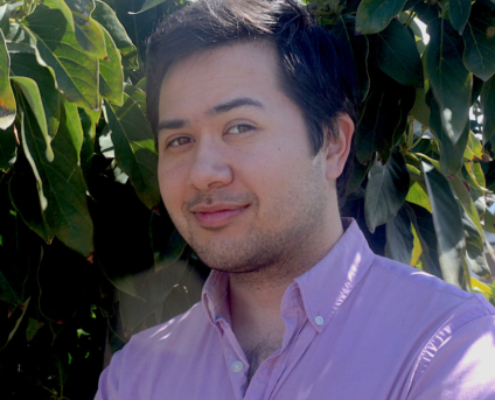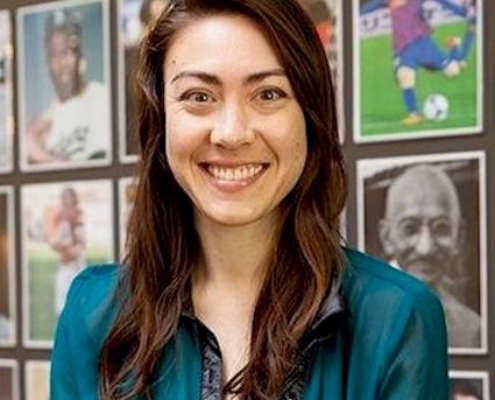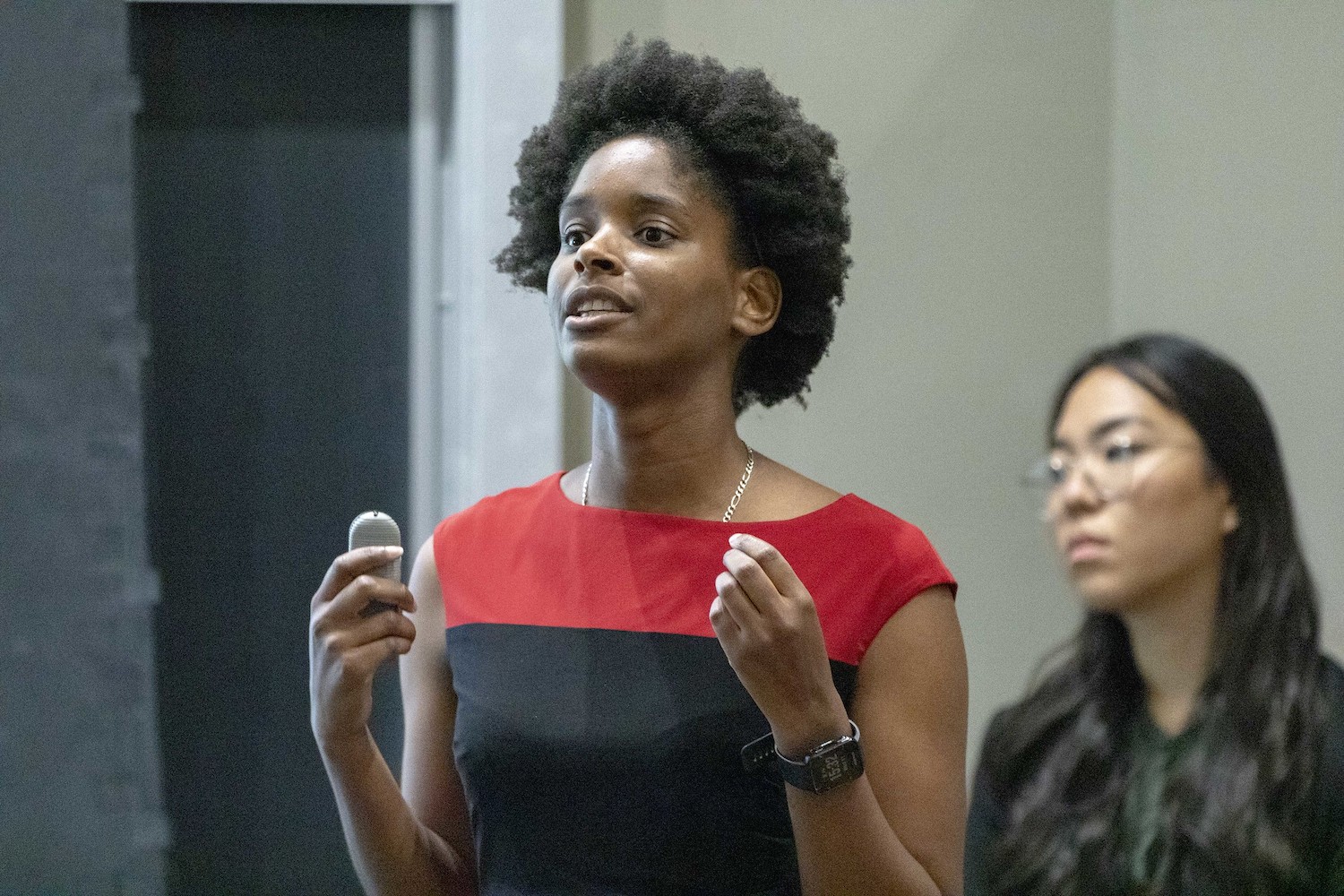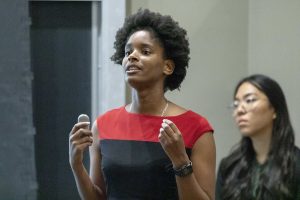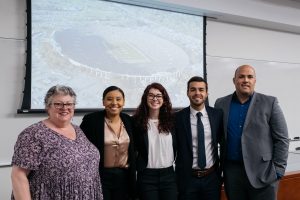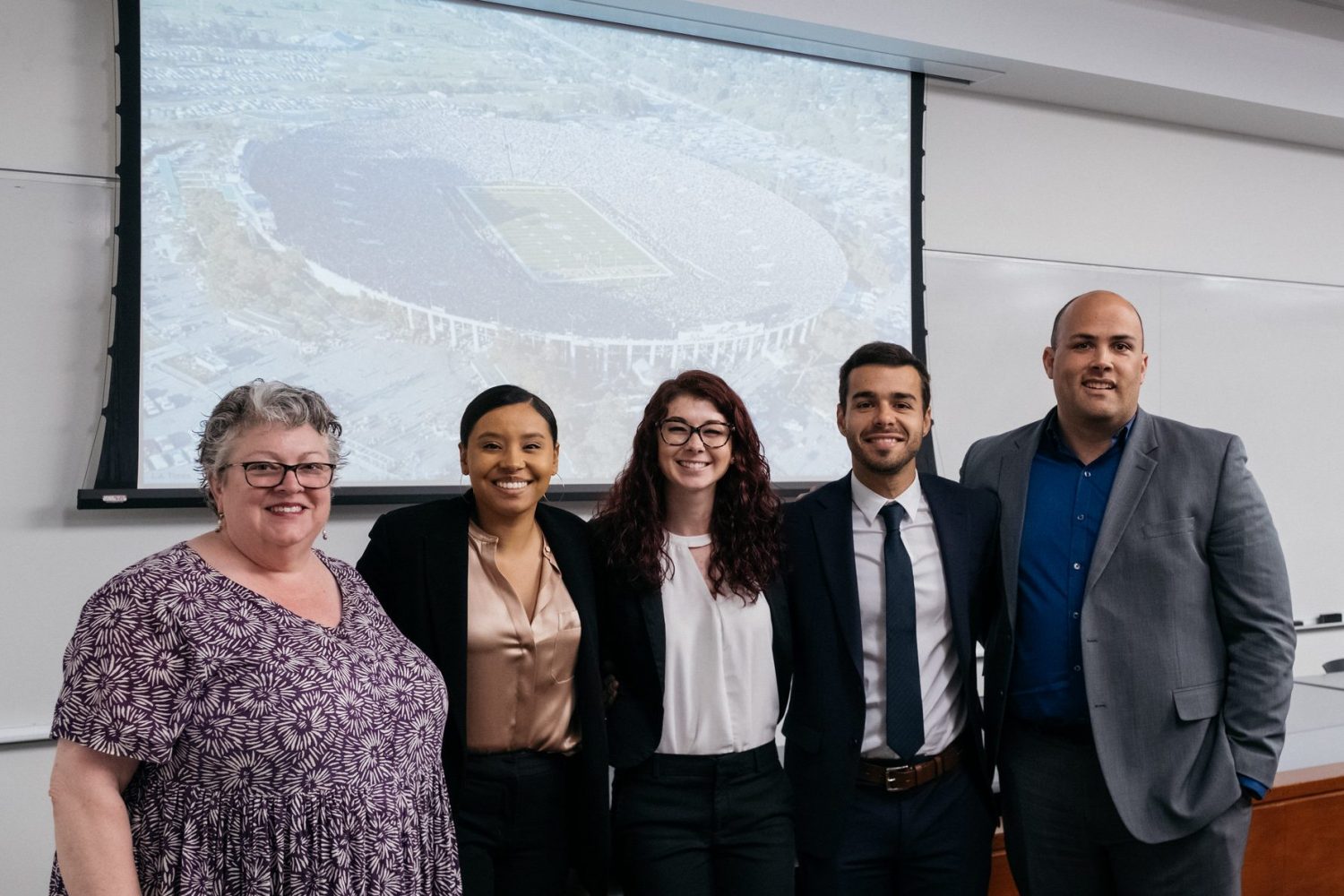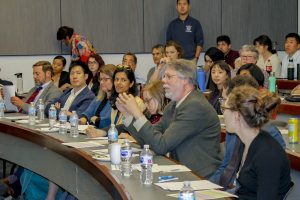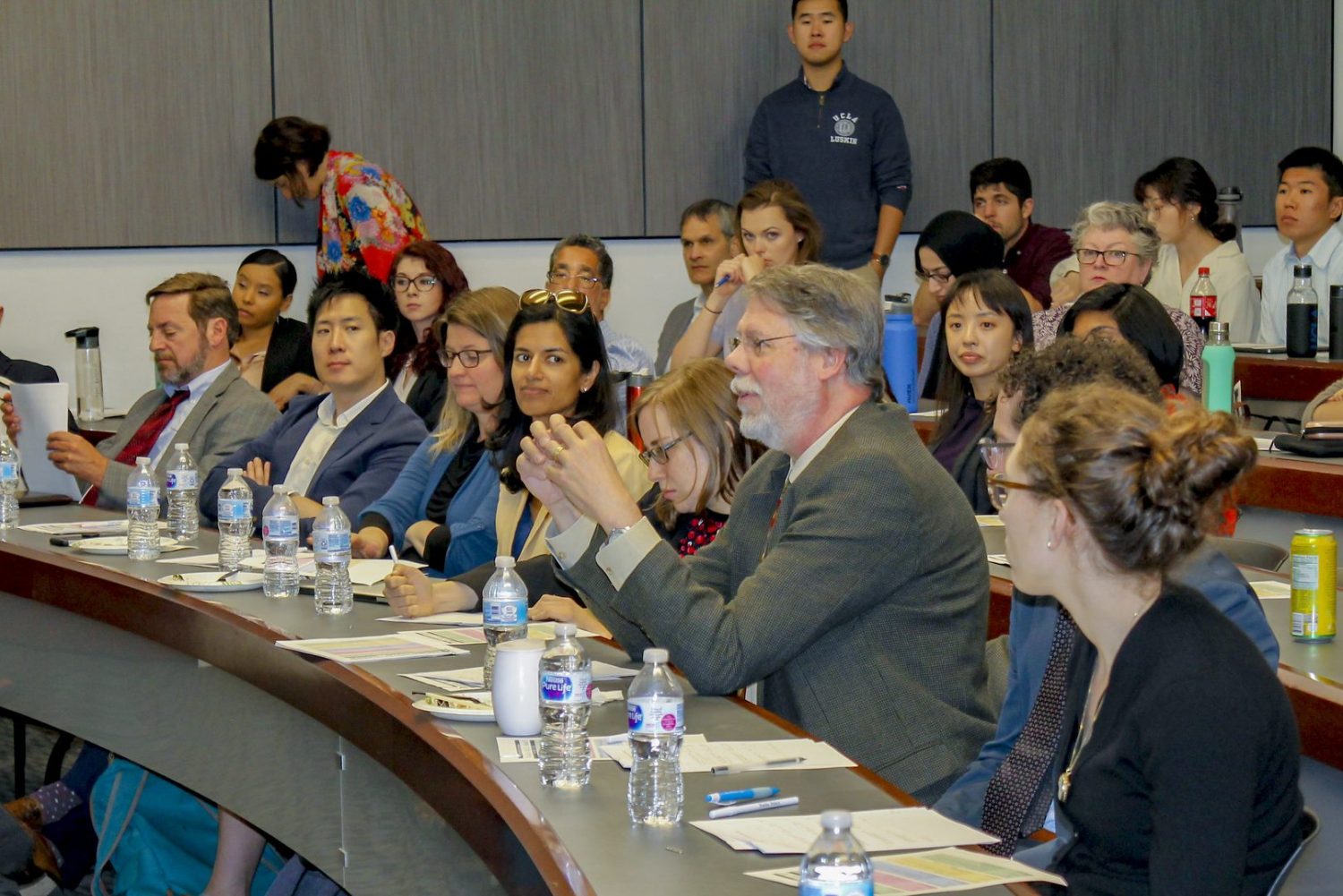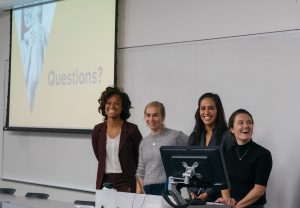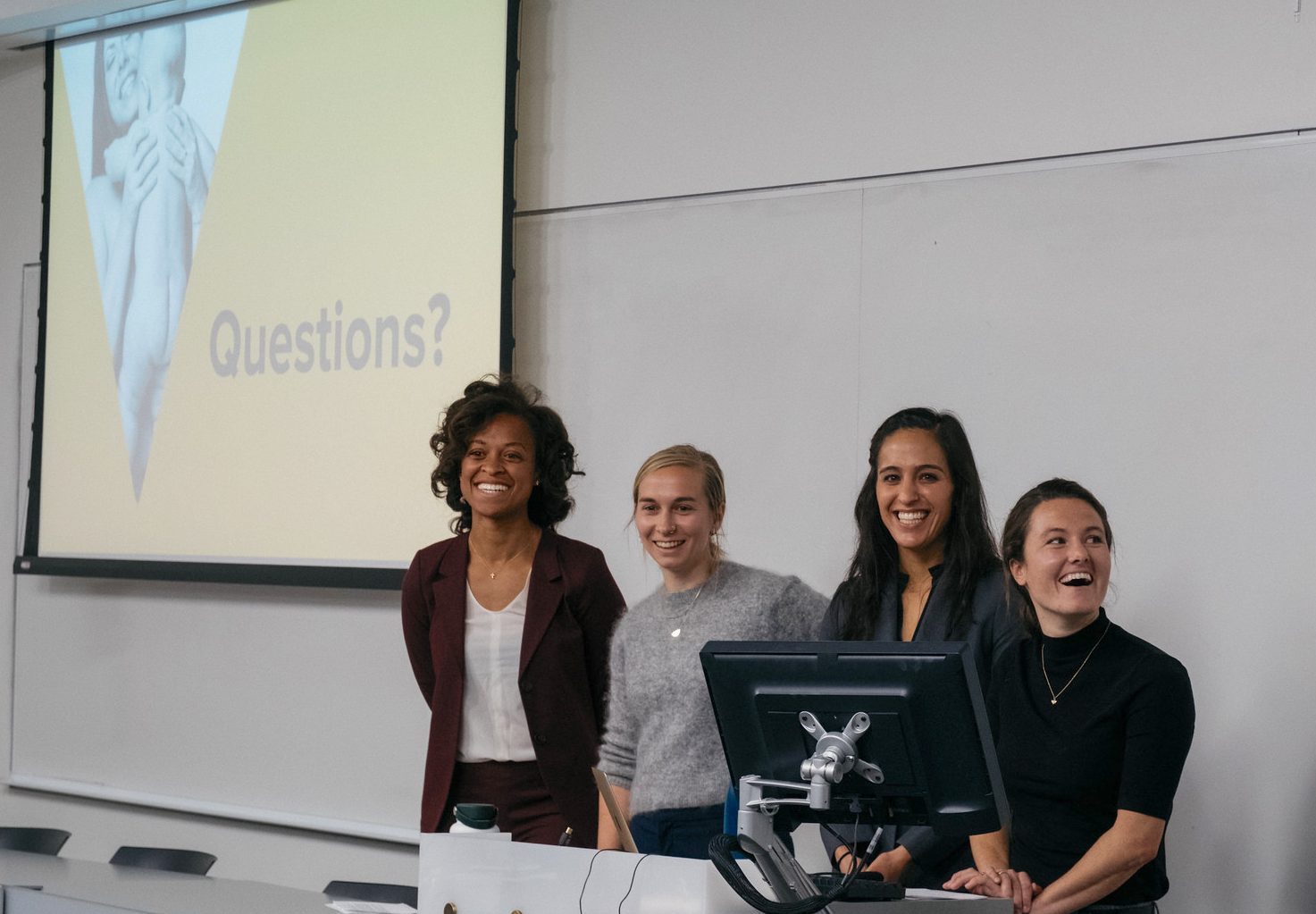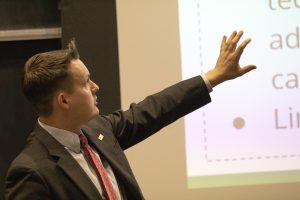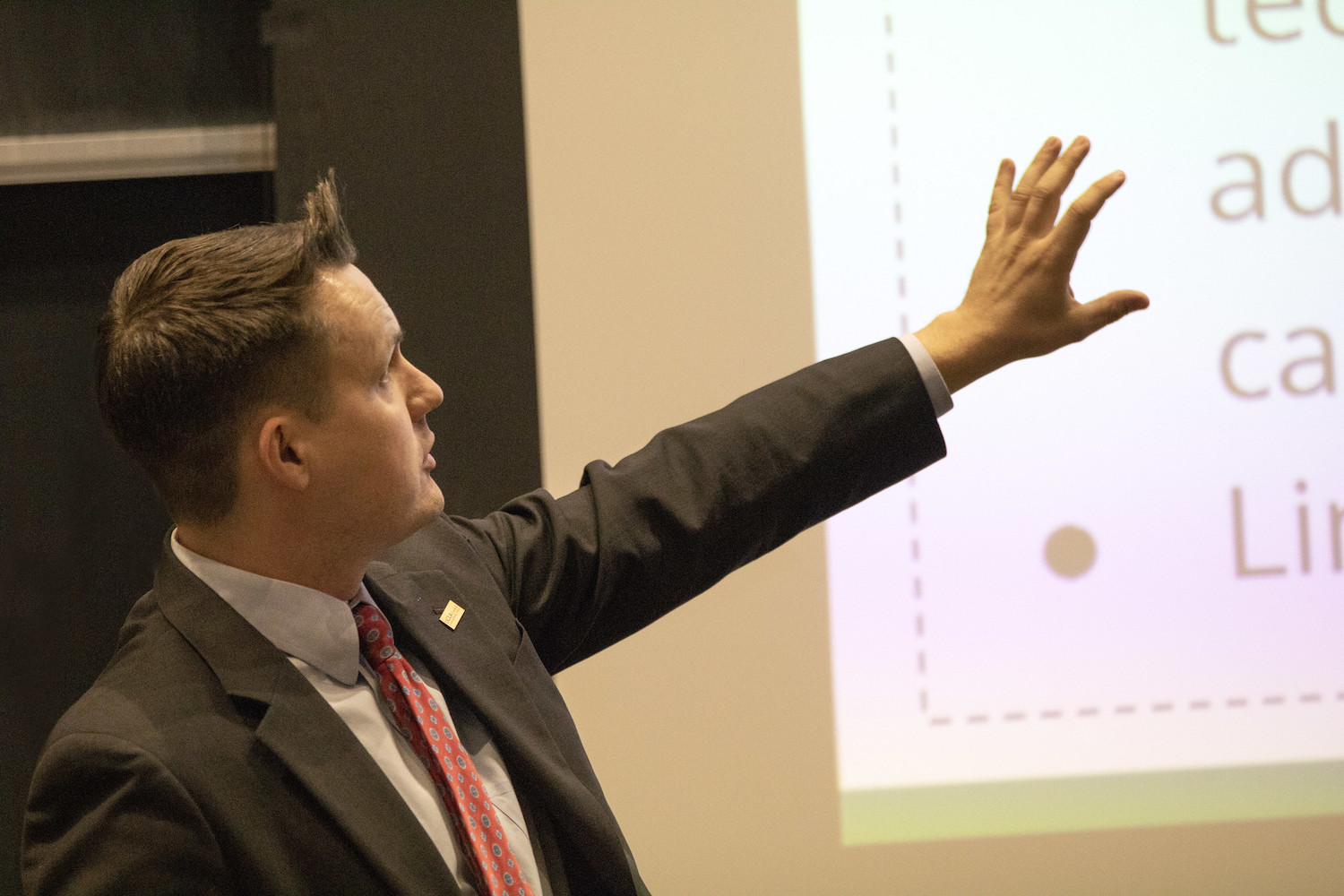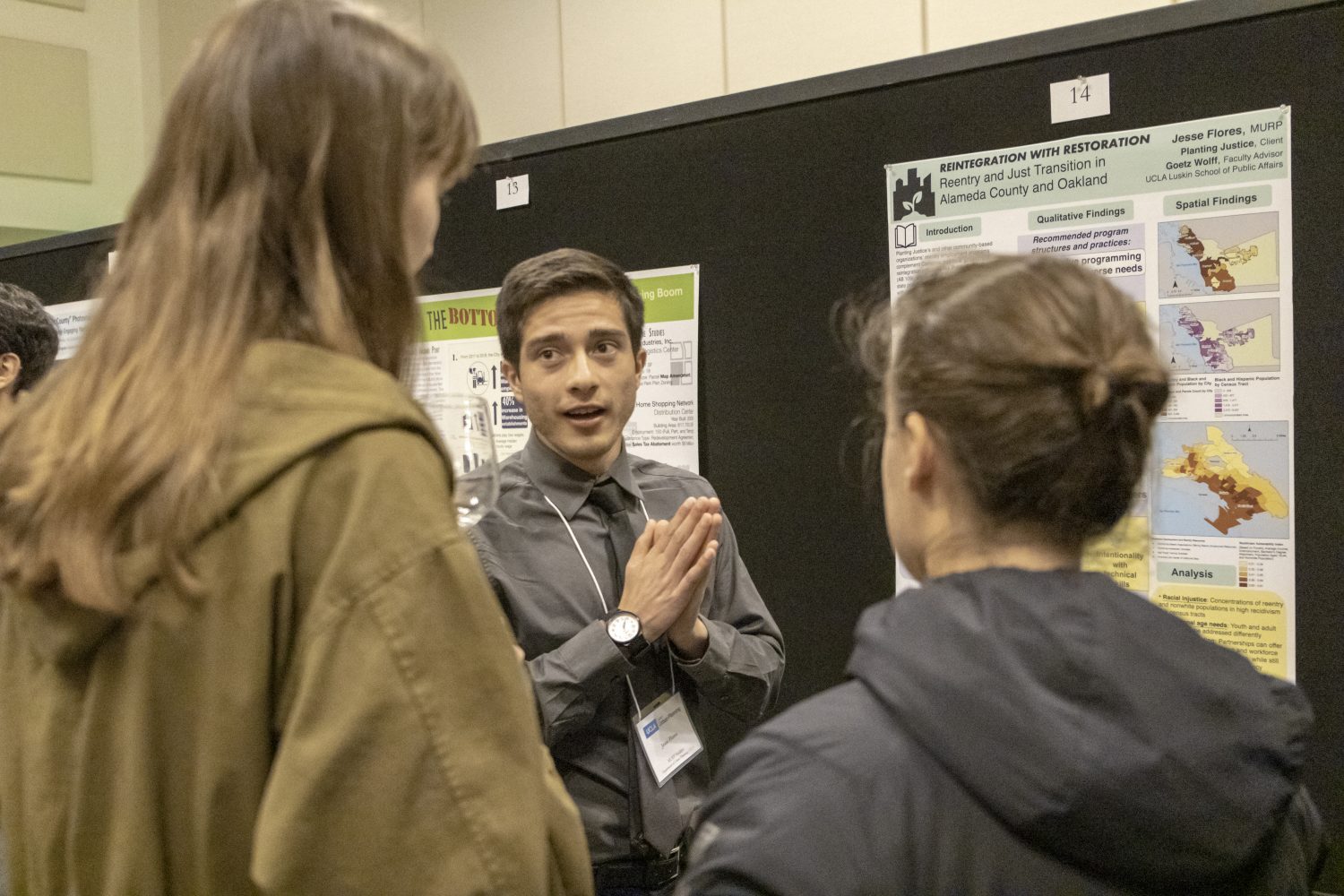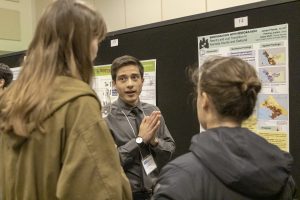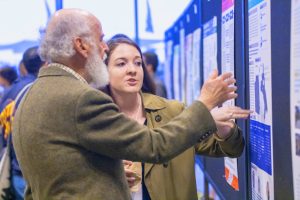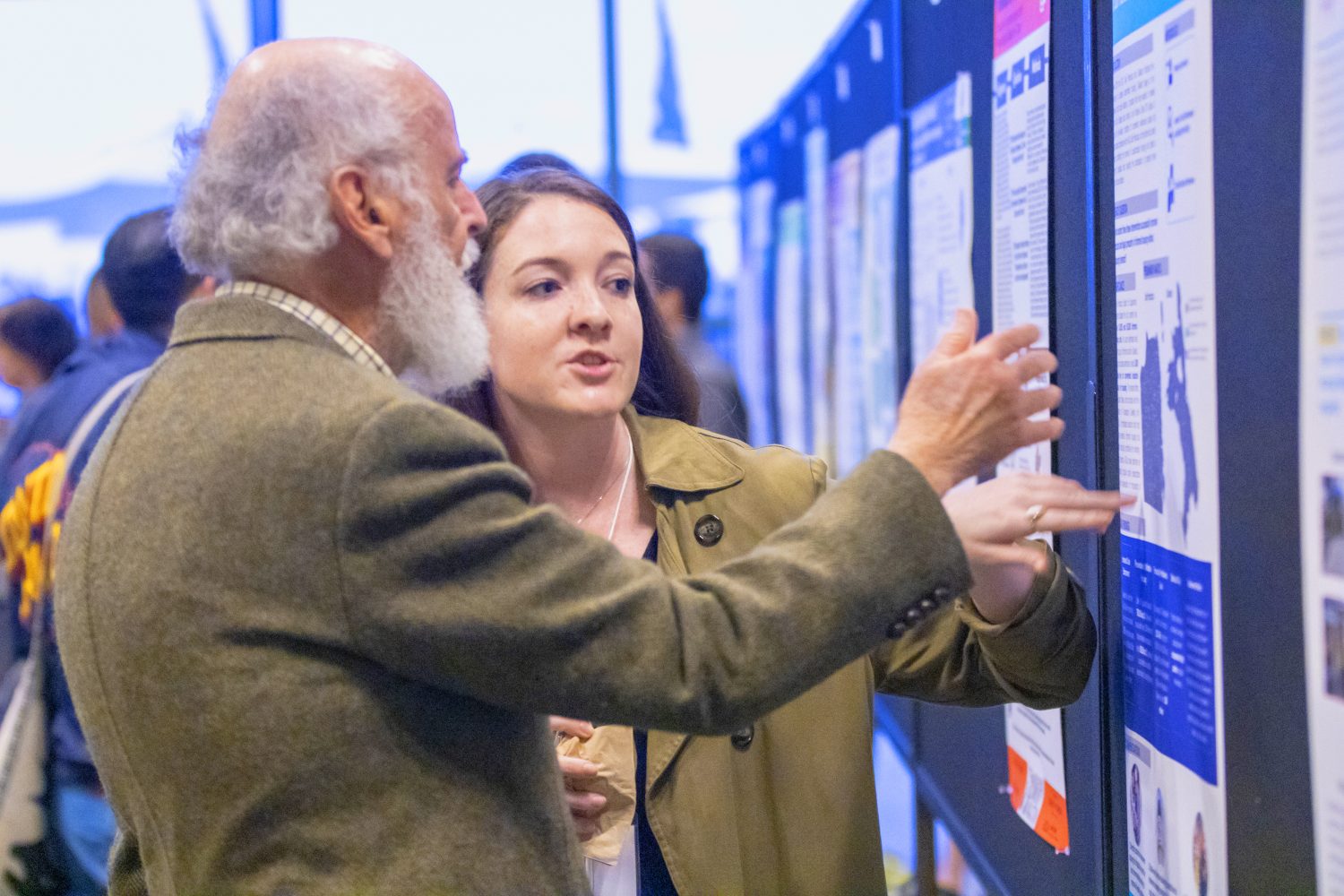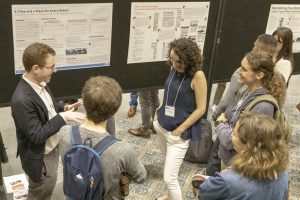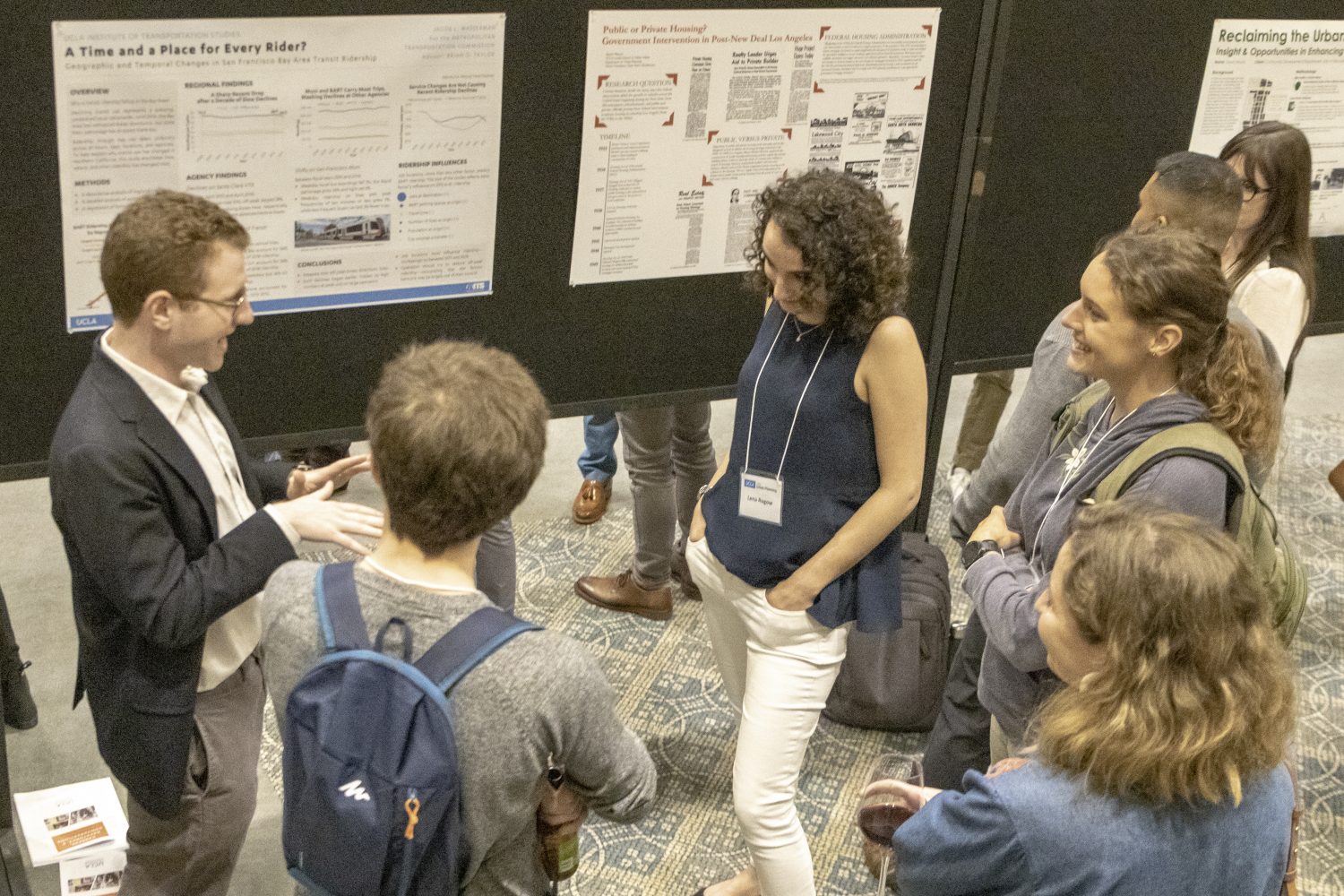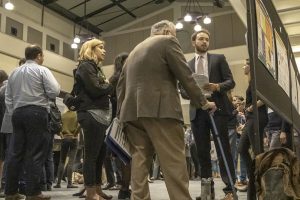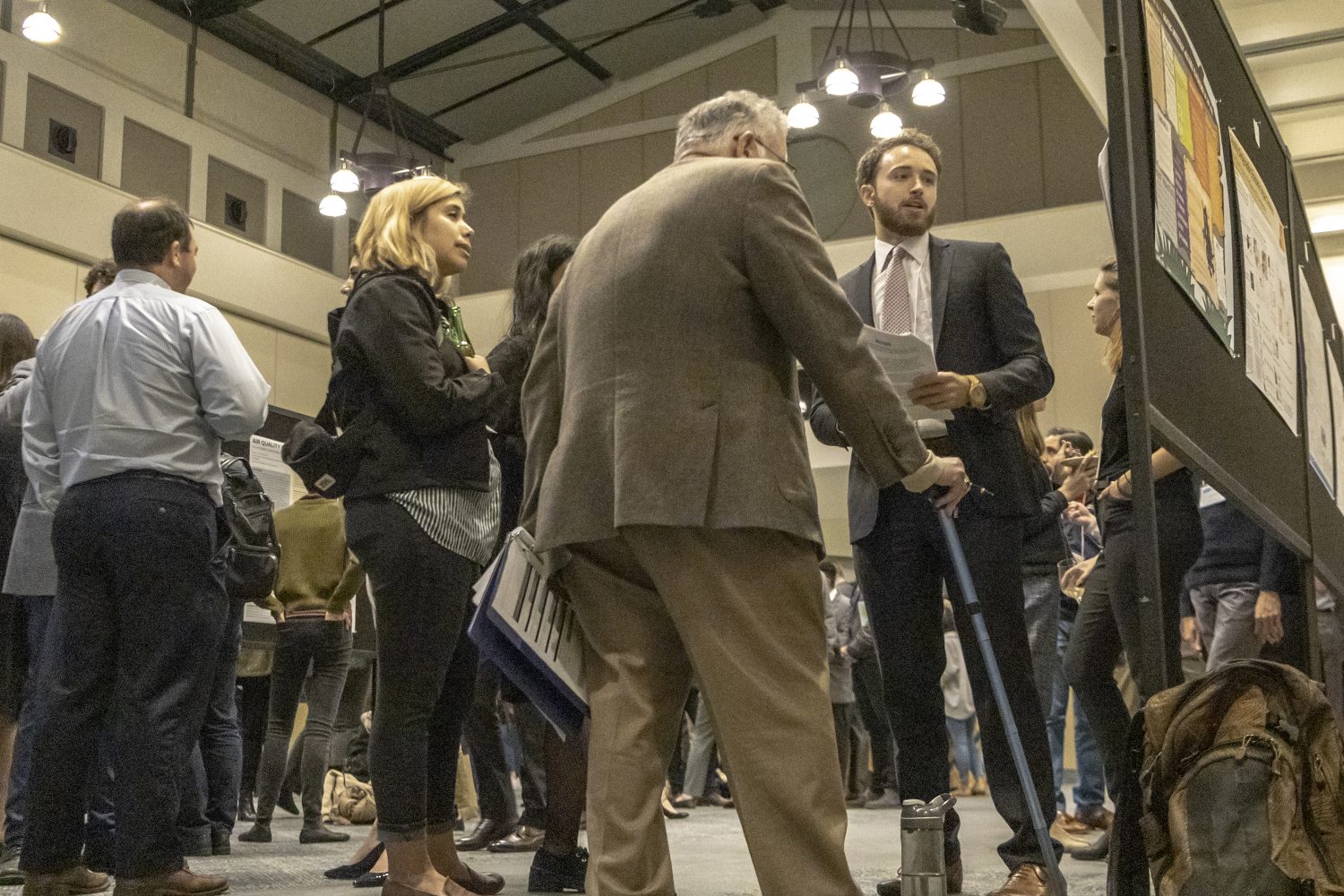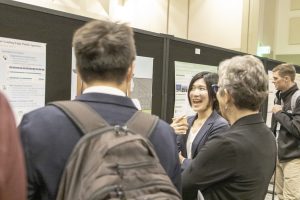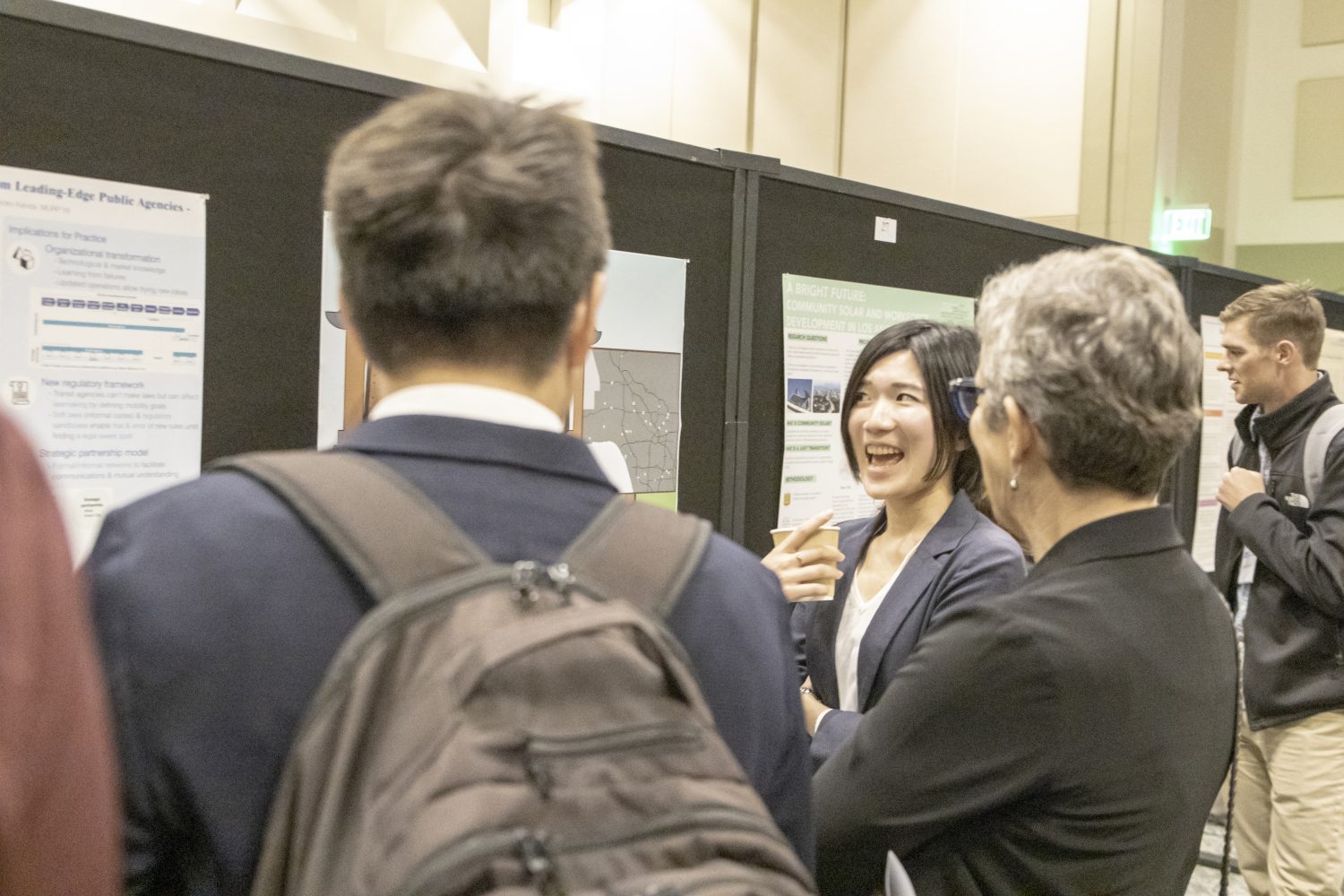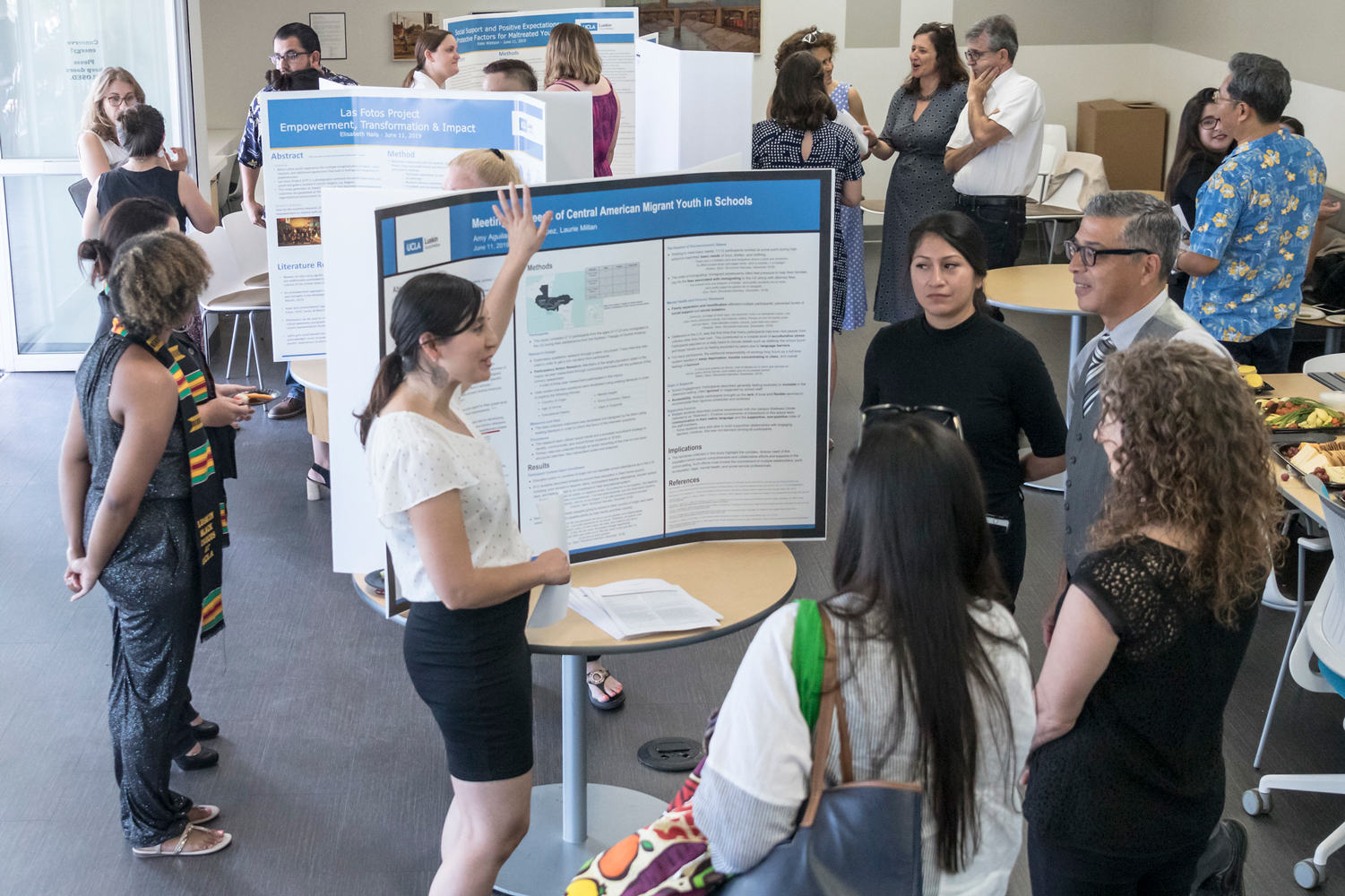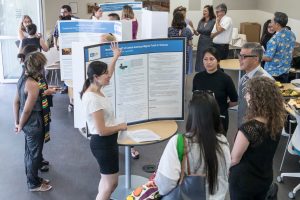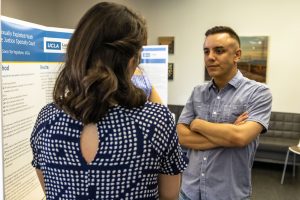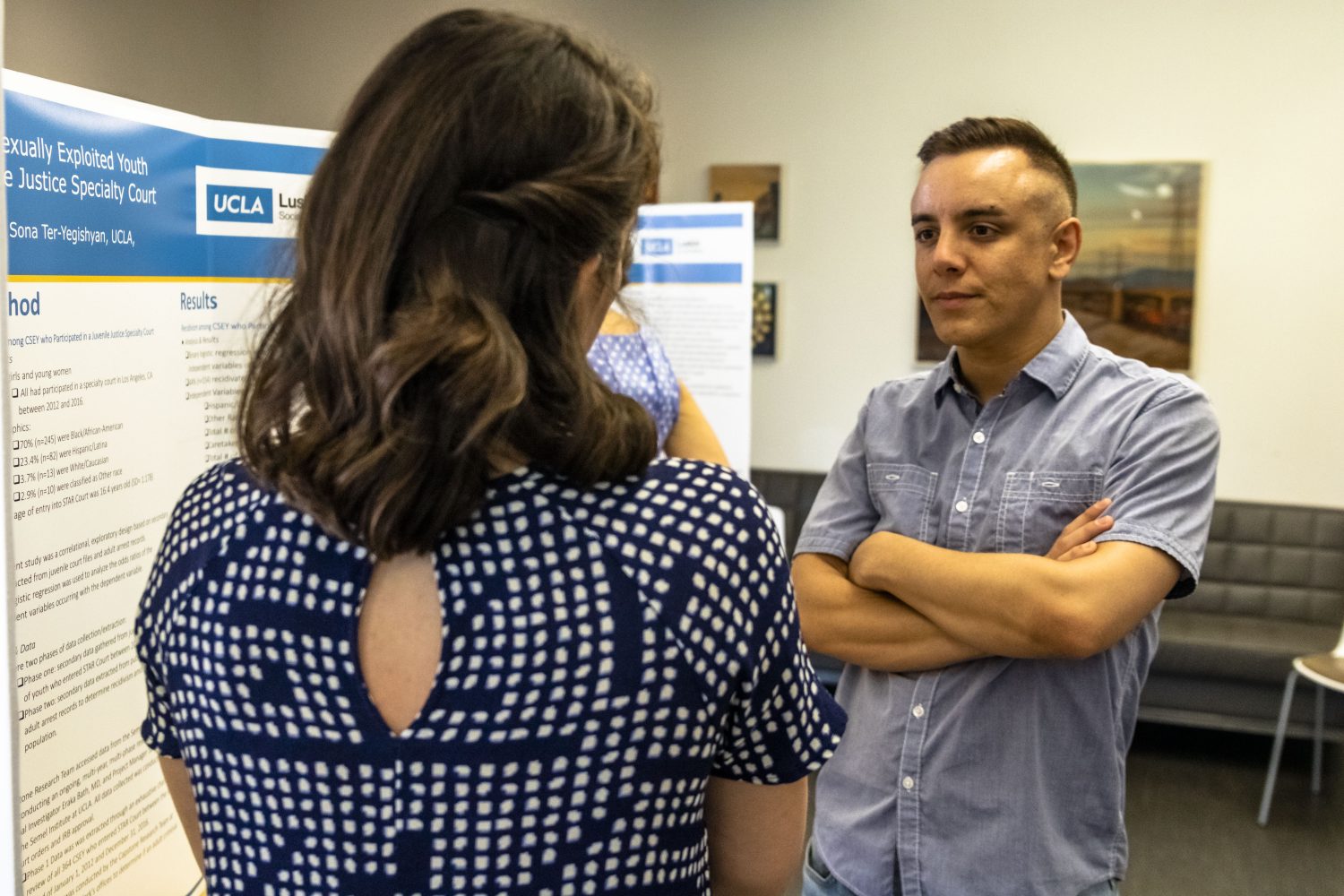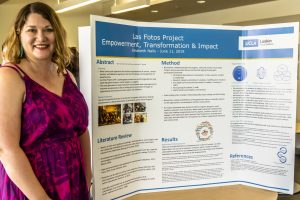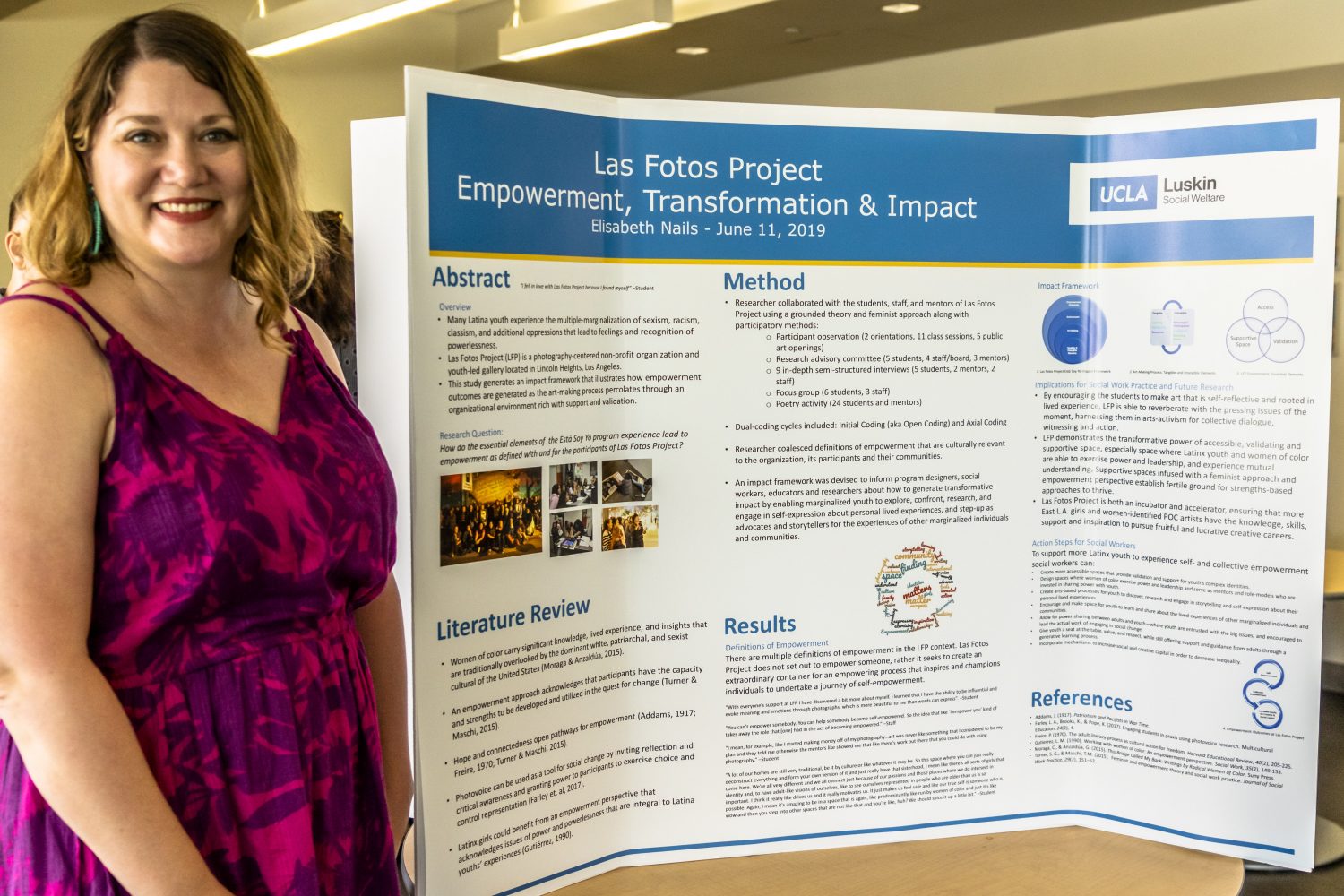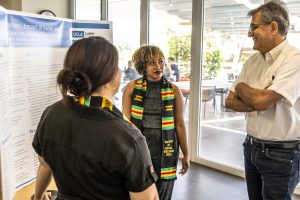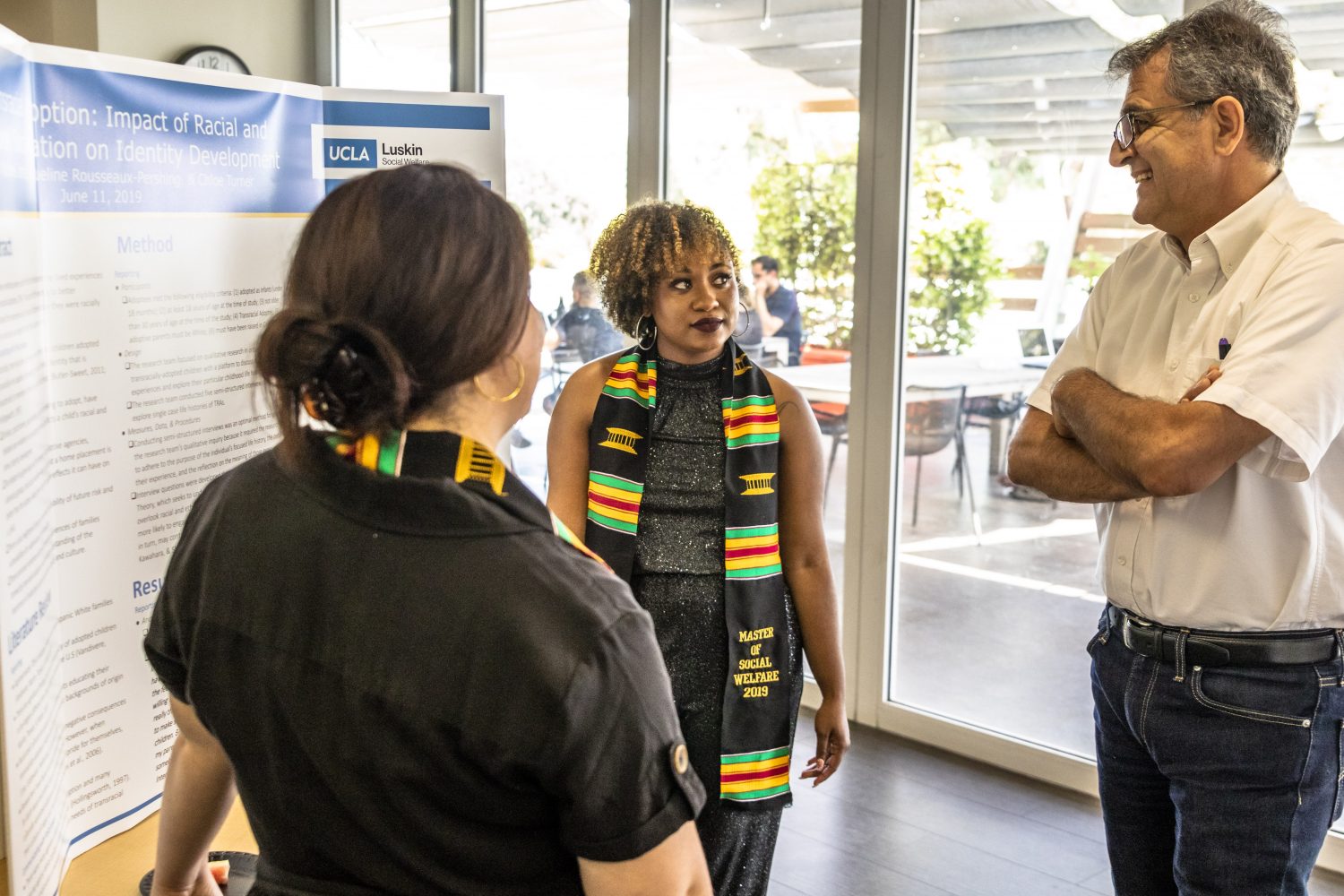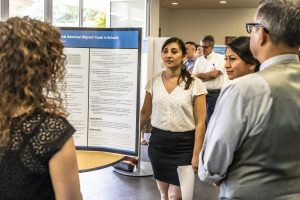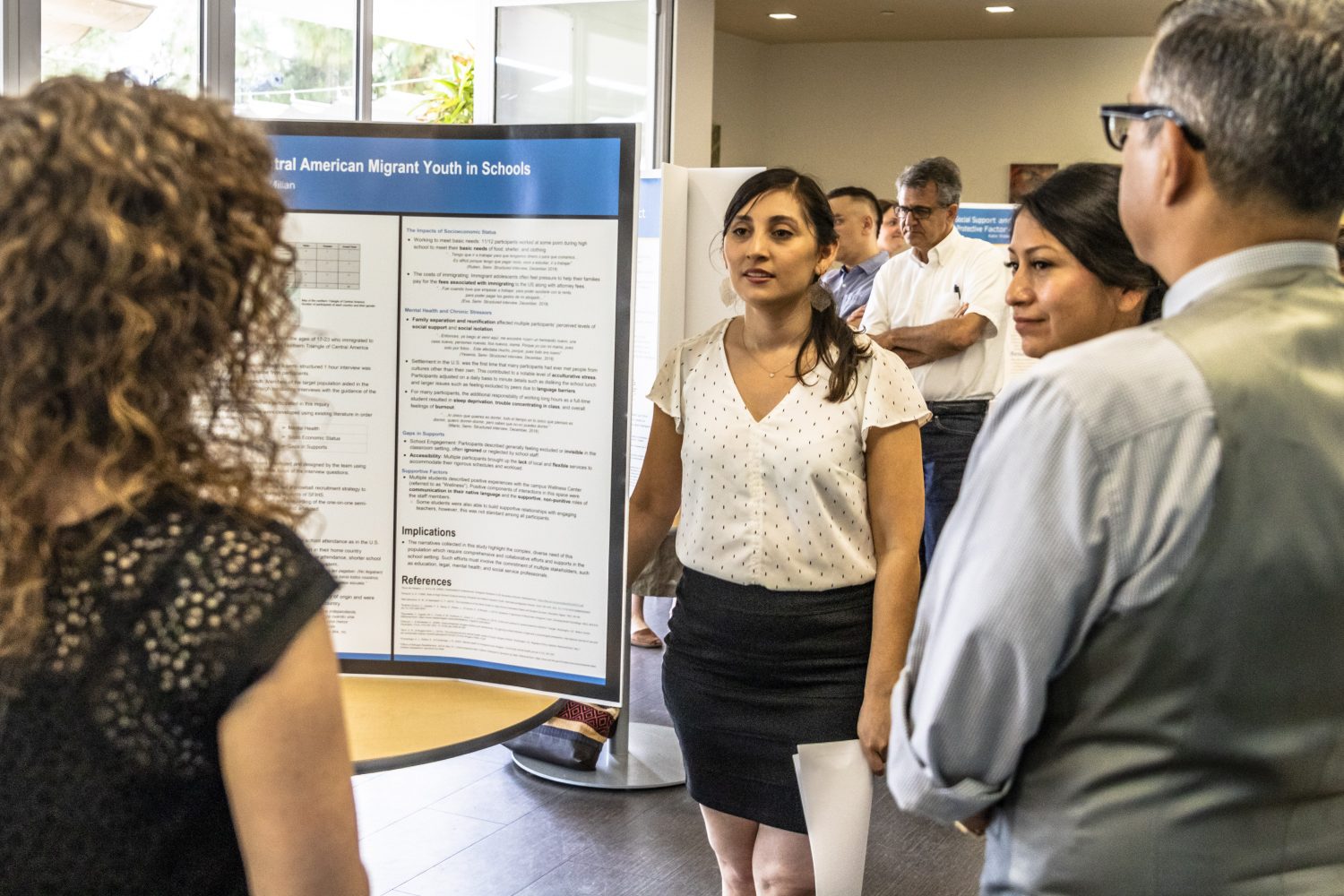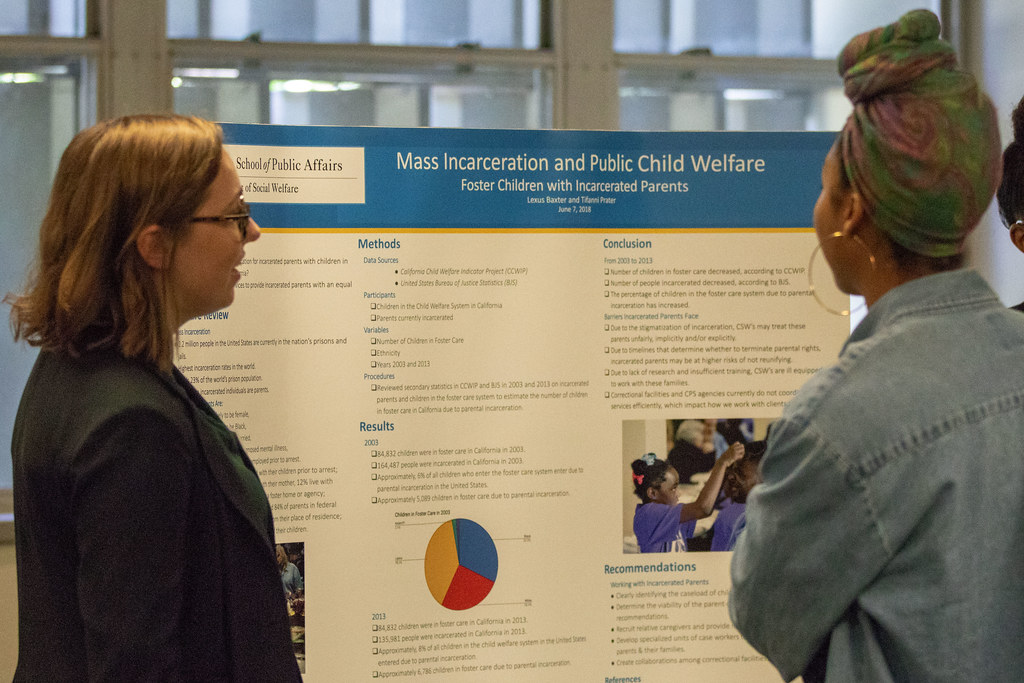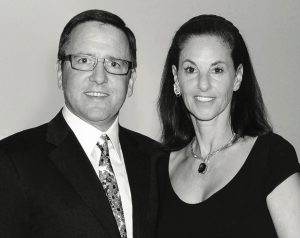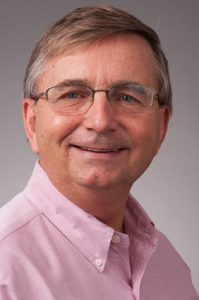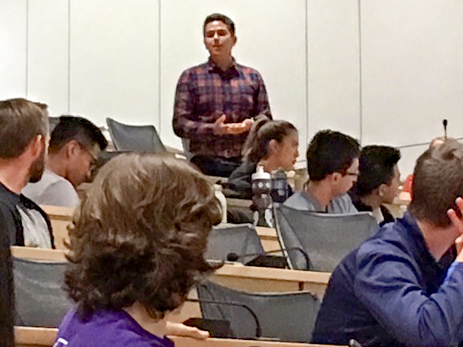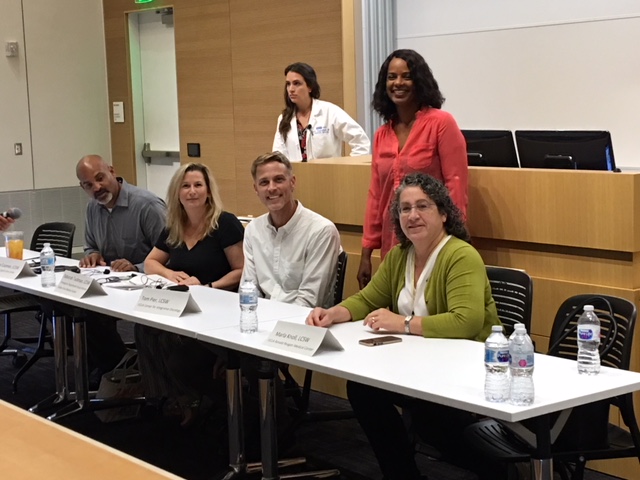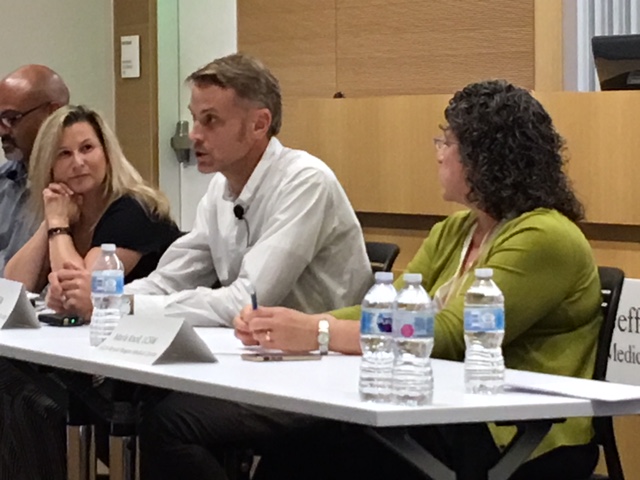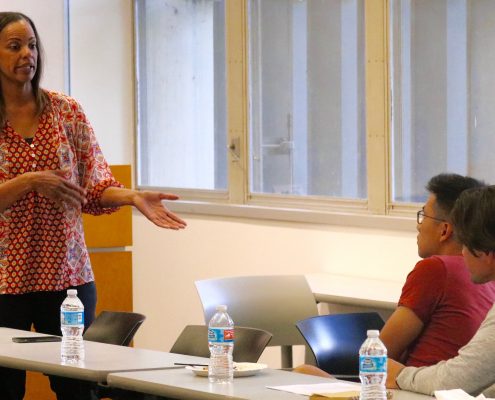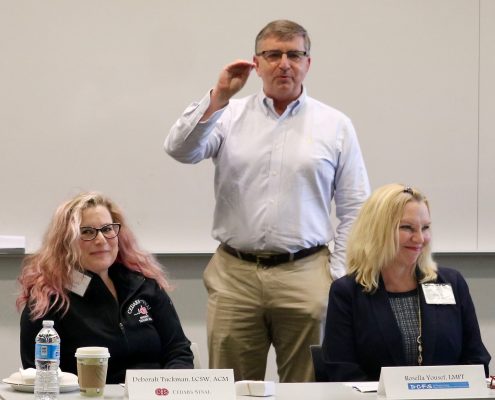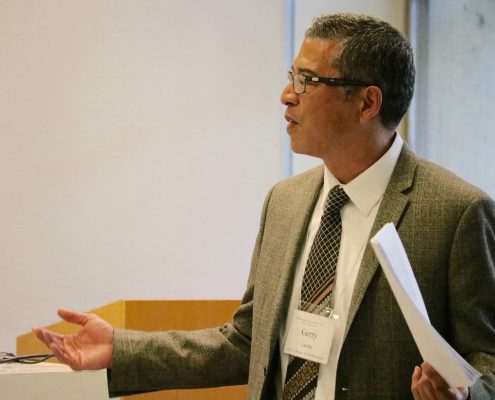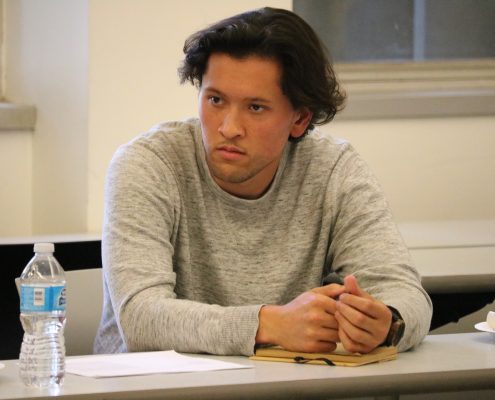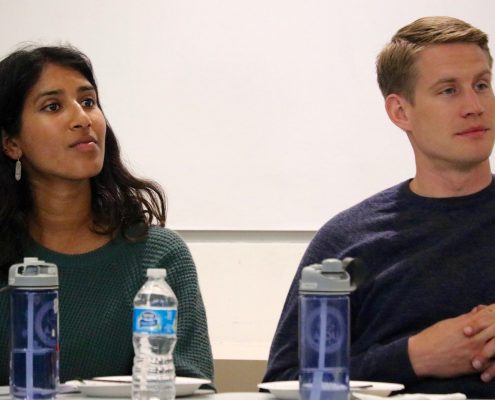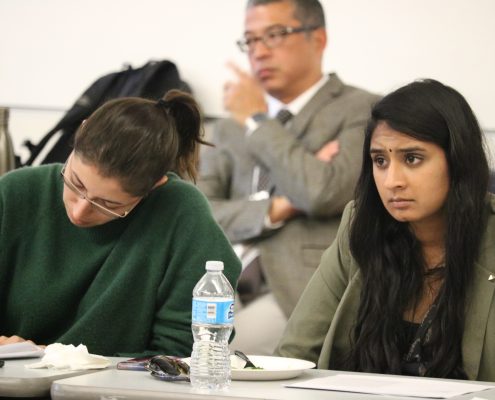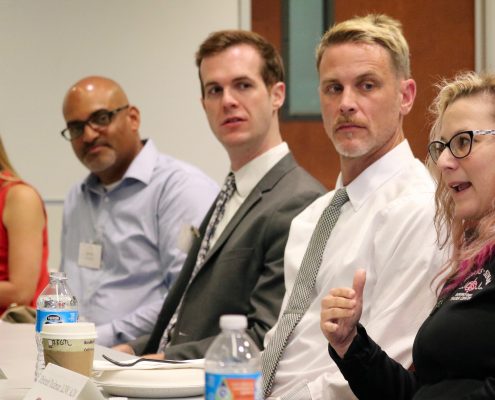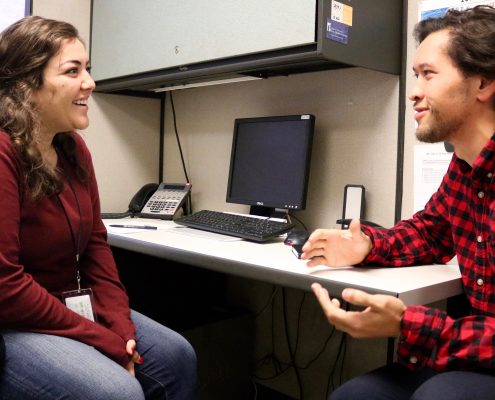In Memoriam: James Duncan Lindsey The UCLA Luskin Social Welfare professor emeritus was a pioneering scholar of child welfare.
James Duncan Lindsey, UCLA Luskin Social Welfare professor emeritus and pioneering scholar of child welfare, died May 18. He was 77.
Lindsey, who joined UCLA’s Social Welfare faculty in 1994, was the founding editor of “Children & Youth Services Review” (CYSR), one of the field’s most influential journals. Under his leadership — and working with his wife Deborah — the publication became the premier platform for research on child welfare practices and policies. CYSR was inaugurated by Pergamon Press in 1979 and later acquired by Elsevier in 1991.
 Colleagues, friends and former students remember Lindsey as a passionate educator whose commitment to evidence-based practices transformed child welfare systems. His book “The Welfare of Children,” published by Oxford University Press in 1994 (with a second updated edition in 2003), helped reshape child welfare policies nationwide.
Colleagues, friends and former students remember Lindsey as a passionate educator whose commitment to evidence-based practices transformed child welfare systems. His book “The Welfare of Children,” published by Oxford University Press in 1994 (with a second updated edition in 2003), helped reshape child welfare policies nationwide.
In a review of his 2008 book, “Child Poverty and Inequality: Securing a Better Future for America’s Children,” Duncan is described as one of the “leading voices on child welfare. He is not only a notable historian of the evolution of family policy in the U.S., but has particularly focused on the plight faced by vulnerable children, such as those growing up in foster care and poor families.”
Lindsey was the author of numerous scholarly works, including research for which he was awarded the ProHumanitate Medal, the highest award in the field, by a peer jury review.
Darcey Merritt, current editor of CYSR, was a former doctoral student of Lindsey. Merritt recalled Lindsey, who was also on her doctoral dissertation committee, as a true mentor throughout her studies and career. Merritt now serves as chief editor of the publication Lindsey founded and is a professor at the University of Chicago, Crown Family School of Social Work, Policy and Practice. Merritt wrote in an obituary tribute that as chief editor of CYSR, she is “always mindful of his vision and intentions to disseminate rigorous research, mindful of systemic and structural biases that impact the most vulnerable children among us.”
In a CYSR online open access tribute to Lindsey and his impact, Merritt and colleagues — including Todd Franke, professor of social welfare at UCLA Luskin — wrote:
Throughout the span of his conscientious leadership of the journal, Duncan has mentored and supported the growth of numerous scholars across all ranks, disciplines, and diverse identities, always with generous care. Those of us who knew him well, and perhaps even those who did not, honored his intention and shared his vision to disseminate rigorous, evidence-based research, always mindful of the many systemic and structural biases that impact our most vulnerable children. His tutelage and guidance were impeccable, and his kindness unparalleled. As an educator, Duncan guided his students with patience and a calm, supportive demeanor. He was highly regarded among many, not only for his brilliance, but also for the way he trained future scholars and practitioners. He has had an invaluable, positively meaningful, real-world impact in the field of child welfare.
Merritt, Franke, and colleagues said that Lindsey evinced a strong commitment to family-inclusive practice in his campaigning for social justice for children and their parents.
“His passion and persistence permeated his writing about children and families touched by the child protection system. His voice will be missed.”
“His passion and persistence permeated his writing about children and families touched by the child protection system. His voice will be missed.”
Prior to UCLA, Lindsey held academic posts at the University of Toronto and the University of Oregon. He also previously served as a visiting scholar at UC Berkeley. Other faculty posts include: George Washington University, St. Louis; West Virginia University; and the University of West Florida.
His professional affiliations include membership in the National Association of Social Workers and the Council on Social Work Education.
He earned undergraduate degrees in psychology and sociology from UC Santa Cruz in 1969 and completed an interdisciplinary doctorate in Sociology, Psychiatry, and Social Work from Northwestern University in 1973.
At UCLA, Lindsey held several leadership and administrative posts, including chair and vice-chair of UCLA’s Academic Senate, and chair of the UCLA Graduate Council. UCLA Luskin service included chair of the MSW admissions committee and member of the doctoral committee. For the University of California system, he served as a member of the Coordinating Committee on Graduate Affairs and was a member of the UC Academic Planning Counsel.
In the 1980s, during the early personal computer era, Lindsey co-founded Perfect Software, which for a time was one of the largest software companies in the U.S.
He is survived by his wife, Deborah McDaniel-Lindsey; his twin brother, Thomas “Buck” Lindsey; two children, Ethan Toven-Lindsey and Sierra Kos and their spouses; and his four grandchildren, Audun, Margrethe, Luka and Betty.
Private services were held.
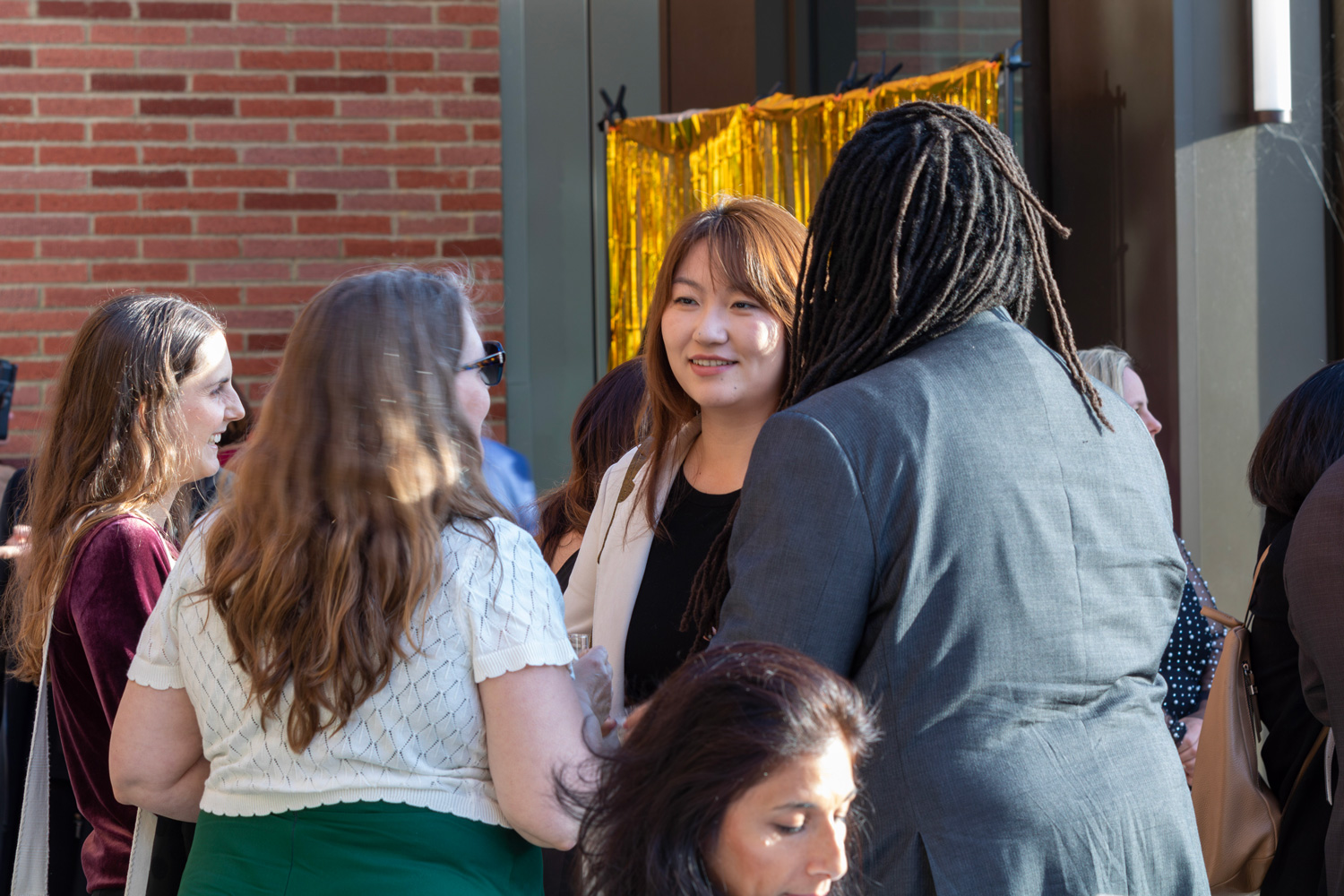

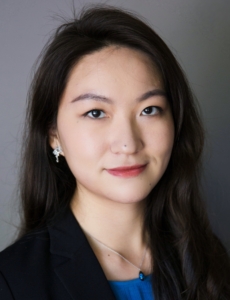 “When your evidence is not digestible to practitioners, it’s not going to lead to any changes. Charts, graphs and diagrams help them to see the process and use the data in a very interactive and timely manner.”
“When your evidence is not digestible to practitioners, it’s not going to lead to any changes. Charts, graphs and diagrams help them to see the process and use the data in a very interactive and timely manner.”
